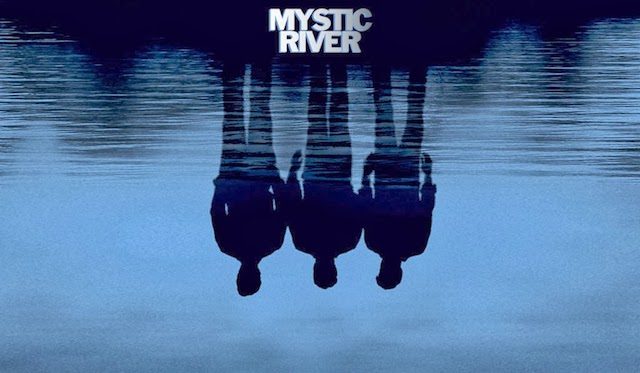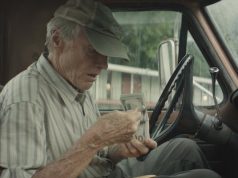
The handy thing about being a movie critic is that your opinions are documented. If someone asks what you thought of a particular movie from several years back, and you don’t remember, you can look it up.
“Well,” you’re thinking, “you must not have had a very strong opinion one way or the other if you can’t even recall what it was.”
And I say: Not so!
Anybody who consumes a lot of entertainment, critic or not, is bound to lose track of the details over time. Ask me about something I saw eight years ago and I can definitely tell you whether I thought it was good or bad. But HOW good? HOW bad? And why? My memory might be fuzzy — especially if I only saw it once.
Every now and then I’ll stumble across an old review and realize, wow, I LOVED this movie! I gave it an A or an A-! But I never watched it a second time. Too many other movies to watch, you know? Always something new coming up. But I was fascinated by the idea that these glowing reviews are in the archives and linked at Rotten Tomatoes — I’m officially on the record as having loved these movies — and yet I’ve only seen them once. A long time ago. If someone were to say, “Hey, Eric, what do you think of ‘Mystic River’?,” my official response would have to be that I think it’s terrific. Or at least I did in 2003. When I saw it. The one time. And never thought about it again.
This column, Re-Views (get it????), is where I finally watch some of those movies a second time. Will I stand by my lavish praise? Or will a second viewing and/or the passage of time make me reconsider? Join me on this thrilling adventure as we find out … together.
First up: “Mystic River.”
What I said then:
I described it as “somber, elegiac … replete with characters who cannot communicate.” It “examines grief in its various forms…. It does this within the framework of a murder mystery, though it expands beyond the confines of that genre into something more deep and compelling.” “Full of gritty, unromanticized emotion as each character faces his demons.” “The film never stops being compelling…. As an emotional rumination on death and its aftermath … it is gripping.” Grade: A-
I certainly was not alone in raving about it. Rotten Tomatoes has 87% of critics giving it a favorable review, and Metacritic posts an average score of 84 out of 100. Lots of 4-star, grade-A reviews in there, balancing out the few negative ones. Sean Penn and Tim Robbins won Oscars for best actor and supporting actor, and the film got four other nominations, including best picture.
The re-viewing:
Watching the film a second time, seven-and-a-half years later, what impressed me most was how much it seemed like an Ordinary Good Movie. That is to say, the acting and direction are good, the story is good, the production values are good … it’s good. What I didn’t see was anything particularly deep or meaningful about it.
I intentionally didn’t re-read my review beforehand because I wanted to see if whatever appealed to me the first time would manifest itself again time without prompting. The tiny subplot with Kevin Bacon’s estranged wife calling him on the phone every day and not saying anything felt pointless; now I see that I once thought that this fit in with the larger theme of failure to communicate — a theme that wasn’t apparent to me at all this time around.
I wonder why that insight occurred to me then but not now. Am I getting dumber? I will look into this.
Much of the dialogue, especially in the early scenes, felt almost laughably on-the-nose this time. In the prologue, set 25 years earlier, the three boys are quickly painted with broad strokes: the upstanding one, the slightly off-kilter one, and the rebellious one. In case we missed this, an adult says to one of them, “You’re the hard case, aren’t you?” Yes, thank you. Should we pin a label to his shirt, too? There’s no need for any of this anyway, since the scenes set in the present day clearly establish what types of people they are.
This type of efficiency is fairly common in movies directed by Clint Eastwood. He’s a no-nonsense, no-frills kind of filmmaker. Get in, tell your story, and get out. That’s why a lot of critics often feel underwhelmed by him. They consider his movies to be like a garden shed: solid, sturdy, practical, but inelegant and unremarkable.
But there is elegance in the way Eastwood handles the film’s climax, with parallel stories playing out simultaneously. We know that the outcome of one will affect the outcome of the other, and the way Eastwood lets them out a little at a time is highly effective. The good storytellers make it look easier than it is.
Do I still love this movie?
Eh, “love” is a strong word. I like it. While there doesn’t seem to be anything particularly special about it, it’s still a well-crafted and respectable film that never wears out its welcome despite being more than two hours long. Grade: B




